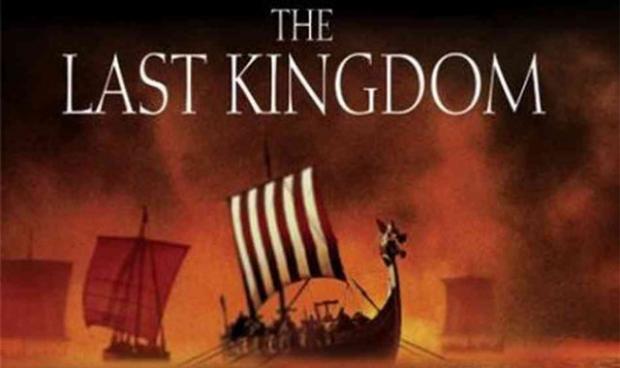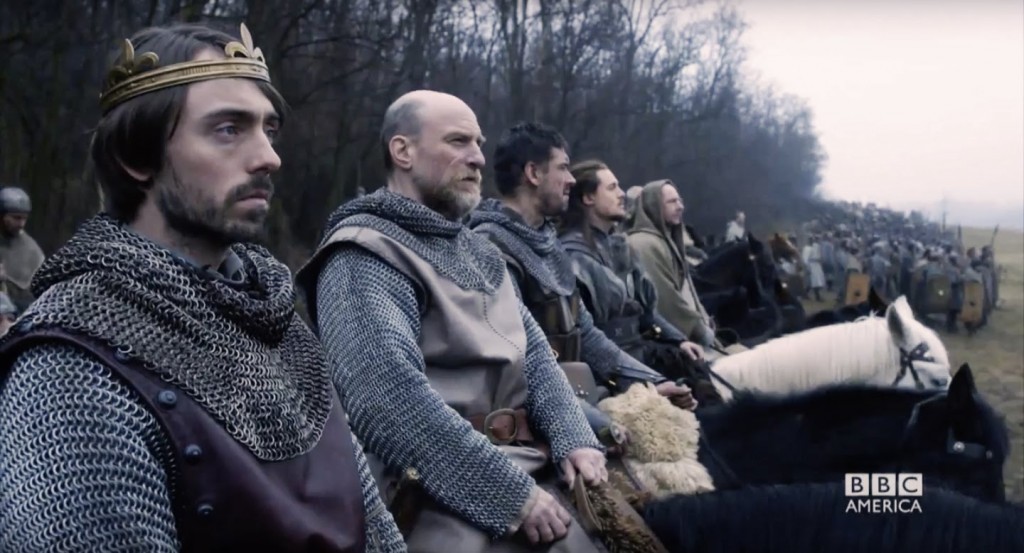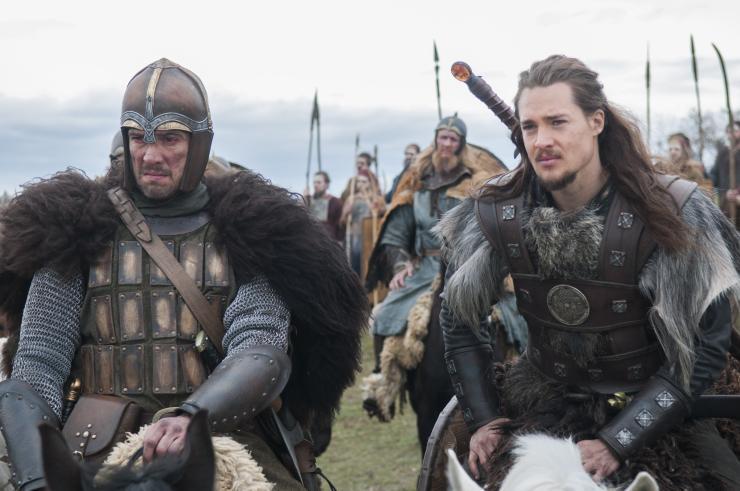This book is a prequel to The Vandals. As such, it has inspired me to go back and read it again. And although classified “Y.A.,” I consider My Lonely Room a fine, worthwhile read for men or boys of any age.
The setting is Queens, New York, at the dawn of the rock & roll era. A young outcast lives in partially self-imposed exile due to selfish parents; a sadistic landlady; cliquish kids doing what kids do (only worse, in the big city); and social ineptitude deriving from arrested development.
You don’t have to be Polish, a baby-boomer, or from the Big Apple, to relate to Jimmy Yadenik. Those details merge to form a fascinating backdrop for this tale of a boy becoming a young man, and learning to play the cards he was dealt.
I should clear something up: 1950s street gangs are not to be confused with biker gangs. The latter began as clubs made up of drunken, brawling WWII vets out to have fun and abuse their newly attained civilian freedoms. Later they evolved into something uglier, but that’s another story.
Nor are 1950s street gangs to be confused with later gangs, which were more like fiefdoms in the feudal drug trade, where life is a perpetual nightmare for everyone involved–or even just in proximity.
The gang members of the 1950s were teenagers, mostly. A gang was comprised of kids from the same neighborhood, and was not envisioned as a criminal enterprise by the founders. The members often shared interests (rock & roll, for instance; girls; maybe cars), but what united them was a mutual need for protection. Protection from what? Other kids, mostly.
It’s amazing to me, but a lot of big city folks spend their entire lives in a single neighborhood. It’s been that way for a while. Kids like Jimmy Yadenik didn’t look for trouble; but when they strayed into a different ‘hood, they often found it.
Kids behave like pack animals anywhere, but stack them like sardines in tenaments, and the violence multiplies. Faced with this situation, it’s only natural kids would seek safety in numbers. Or, as the Jets sang in West Side Story:
When you’re a Jet let ’em do what they can
You got brothers around; you’re a family man.
You’re never alone; you’re never disconnected.
You’re home with your own when company’s expected.
You’re well protected.
Sometimes a gang from the next ‘hood would invade yours. Sometimes there were two gangs in the same ‘hood. This is how turf wars got started.
Also, don’t confuse this subculture with the pampered Baby Boomer generation as a whole. Yes, midwestern James Dean wannabes dressed like thugs and tried to act tough during these years, but their “rebellion” came from petulance. No other generation in history had it so easy; had been given everything on a silver platter (except discipline); or had so little to be angry about. “Rebel without a cause” is an apt description for most of them. Or, as Marlon Brando’s character put it in The Wild One when asked what he was rebelling against: “What have ya got?”
But in the asphalt jungle, teenagers weren’t coddled, and didn’t enjoy lives of largesse. Jimmy Yadenik has a father who never bothered to teach him anything at all, much less how to be a man. The father is absent physically and emotionally. The only worth he recognizes in his son is the labor potential, so Jimmy can contribute to the weekly beer fund and the parties at the Polish Club. Jimmy’s mother is a little more humane, but still a lot more take than give. Case in point: they put Jimmy in a foster home so he wouldn’t be an inconvenience to them. As the story begins, Jimmy has just recently come to live with them again.
Perhaps the saddest part of Jimmy’s story is the way he latches onto some advice from a teacher. She gives him a truly underwhelming sample of generic, non-commital social worker talk, and it motivates him. It’s evidently the most encouragement he’s ever received from any adult in his life.
Not especially charismatic or athletic, how is Jimmy supposed to make friends with angry, messed-up kids from other dysfuntional families at school or in the neighborhood?
He acquires a girlfriend who does most of the heavy lifting for him in Love’s Learning Curve, for one thing. (If only all girlfriends could be so straightforward and accomodating.)
Secondly, he finds brotherhood (of sorts) via some streetwise boys who take him under their wings, and help him along in his journey. (If only all de facto orphans could find this kind of peer support.)
It’s certainly not the best path to manhood a boy could take, but it beats the azimuth set for him by his parents and teachers.
If you were born some time within the last half-century, you will probably find something in My Lonely Room that resonates with you.




